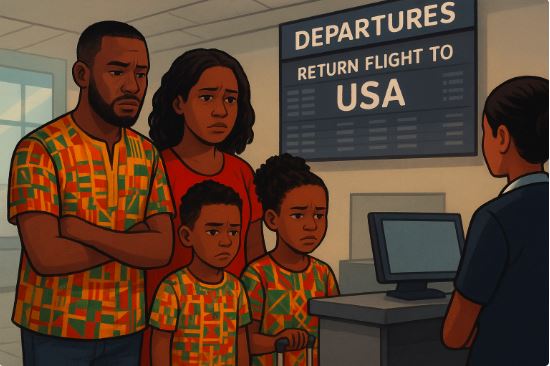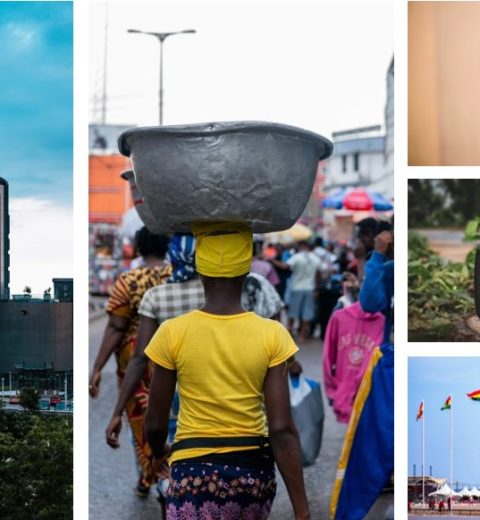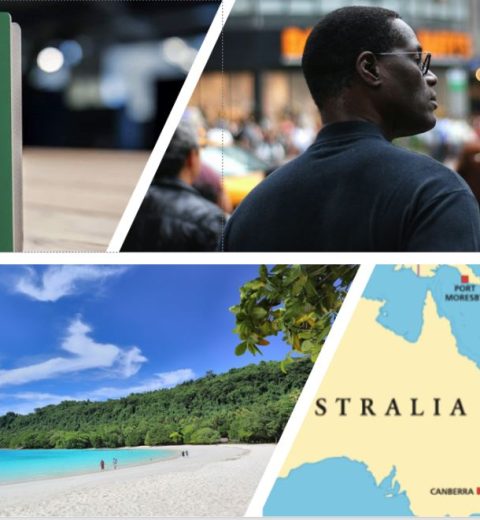Are African Americans Quietly Leaving Ghana After Arriving So Loudly?
In 2019, Ghana made global headlines with the Year of Return, welcoming thousands from the African diaspora – particularly African Americans – to reconnect with their roots. Cape Coast Castle tours, cultural celebrations, and the promise of a new life in the “motherland” inspired many to relocate. But now, in 2025, a quiet shift is happening: some of those who came with excitement are leaving just as quietly.
Dr. Joseph Operry, who has been observing this trend, highlights why many returnees have struggled to settle and why others have thrived.
Why Some Diasporans Are Leaving Ghana
Employment and Financial Planning
Many returnees arrive with savings, expecting them to stretch further in Ghana. But without steady jobs, those funds quickly dry up. Unlike the U.S. or UK, Ghana isn’t an employment-based economy. It’s entrepreneurial. Without a clear business plan or investment strategy, diasporans often face financial strain. Currency fluctuations – such as shifts in the cedi-to-dollar or cedi-to-pound rates – make matters worse.Lack of Understanding of Ghana’s Social and Financial Order
Everyday living in Ghana operates differently. From open-market haggling to knowing where to shop for affordable food, newcomers often overspend by living “Western-style” – frequenting supermarkets instead of local markets. Add in the reality that education, housing, and even simple goods like cheese can be costly, and many face unexpected culture shocks.No Trusted Contacts
Perhaps the biggest challenge: navigating Ghana without reliable local support. From inflated prices to outright scams (especially around land purchases), many returnees fall victim to opportunists. Without a trusted Ghanaian network, it’s easy to get burned.
Lessons for the Future
For those considering Ghana as a permanent home, Dr. Operry stresses preparation:
Don’t expect employment – think business, exports, or entrepreneurship.
Learn the culture, food, and lifestyle before relocating.
Build trusted connections and do thorough due diligence, especially with land and business deals.
Visit first, live short-term, and test the waters before committing.
Ghana remains a land of opportunity, but it’s not a mirror of the West. There’s no welfare system, and success depends on adaptation, resilience, and realistic planning.
As Dr. Operry concludes, “A lot of diasporans are leaving because they don’t think things through and try to live here with a Western mentality. Ghana can work – but only if you’re prepared.”







